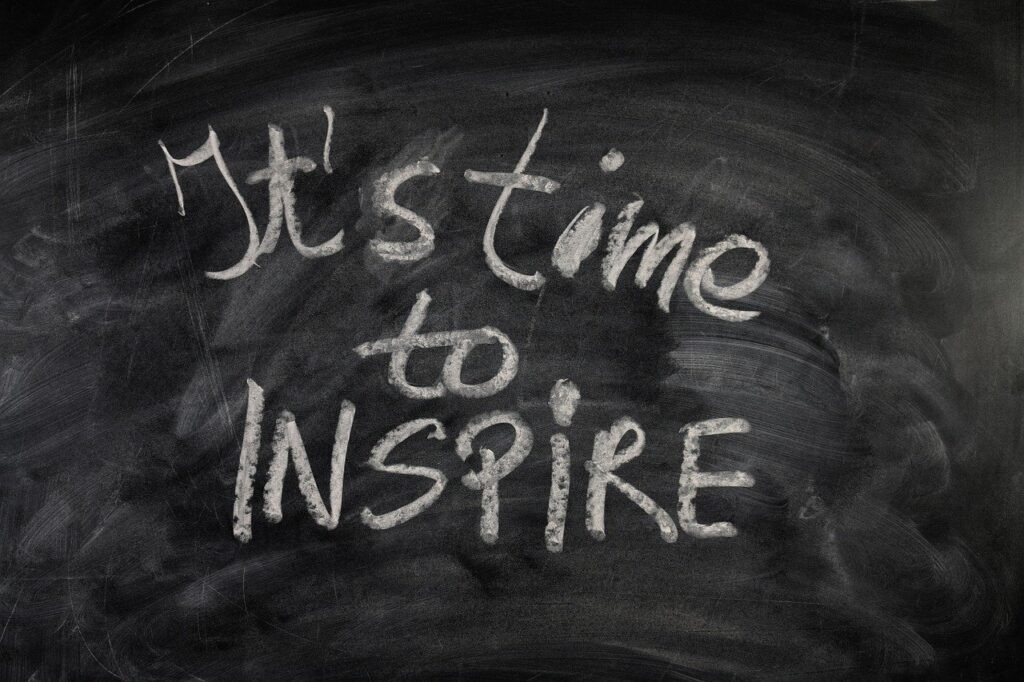Accountability Matters: Why Holding Yourself Responsible Leads to Success

As a manager, we know that accountability matters, but do we know how to use it? Ask any leader and they will be the first to tell you that they hold their teams accountable for getting the work done on time, within budget, etc. But they often won’t be able to tell you how they hold themselves accountable. Why is that? Many times it’s because they don’t. That’s right, it’s easy to hold others accountable, but when it comes to ourselves, we often fall short.
Why Accountability Matters
As a manager, we know that accountability matters, but do we know how to use it? Ask any leader and they will be the first to tell you that they hold their teams accountable for getting the work done on time, within budget, etc. But they often won’t be able to tell you how they hold themselves accountable. Why is that? Many times, it’s because they don’t. That’s right, it’s easy to hold others accountable, but when it comes to us, we often fall short.
What Does it Mean to be Accountable?
Being accountable means answering for our actions. It doesn’t matter if we answer to others or ourselves, it means justifying what we’ve done and realizing that there are consequences. It’s a natural part of our job as managers. As soon as we hire someone, we start holding them accountable with policies, procedures, training, etc. We make sure they fill out timesheets, produce reports, and follow directions. To make sure they understand the consequences, we write performance appraisals. So how do (and why should) we do this for ourselves
Why Personal Accountability Matters
Holding others accountable often feels like micromanagement but it’s not. It’s a critical element of success. If there is no one to answer to – you can do whatever you want without course correction. The consequences can be ruinous.
I know from personal experience because I used to be a manager in a retail operation and left for a position in city government. I missed the retail atmosphere and went back to work part-time in the evenings. The young man who replaced me knew how to manage the product but lacked the skills to manage people. His choice of music contained explicit lyrics that customers could hear. He and his female assistant would horseplay in front of everyone. To him, meeting metrics meant he was doing a good job. I began to hate working there and the District manager could not/would not hold him accountable for his conduct. I suspect it’s because some of the staff enjoyed the atmosphere and the ones who didn’t dared complain.
Finally, I had enough and requested a meeting with him. Wanting to see him succeed, I attempted to coach him about how his conduct could cause problems and his response was to tell me I was no longer the manager, and he would do what he wanted. The consequences? I quit, Corporate finally got wind of his conduct, and I have no idea where he is now but he’s not working for the company.
You’re not the Only One Affected
There were consequences for the company too. The District Manager had to expend resources to hire and train yet another manager. For me, I left a job I truly enjoyed and while it’s not a dire consequence, it still matters.
So yes, there are consequences for not holding people accountable and that includes yourself. Had the manager checked himself, he would have understood that his conduct was more appropriate for off-duty hours. So what about you? Do you check on yourself or do you wait until someone else reminds you? If you’re waiting on someone else to do it, you’re missing a great opportunity for growth and success.
Who holds you accountable?
The higher you are in the food chain, the more autonomy you should have but it doesn’t mean you can do anything you want. Power does not equal competence. It does mean that you are expected to hold yourself accountable instead of having someone check in with you on a routine basis. When a new hire comes on board, the manager assigns work and checks in routinely to make sure things are going well. The more the new hire learns, the less the manager checks.
The problem starts when you have been promoted several times and your boss assumes that you understand your responsibilities. They trust you to get the job done. Unfortunately, your skills as an individual contributor coupled with your ego, can get in the way. Why? Because you understand the tasks but not the personal responsibility. You haven’t improved the critical thinking skills that let you foresee consequences. As a result, you set yourself, and your team up for failure. Your personal accountability ultimately affects everyone around you.
The Benefits of Being Accountable
When you hold yourself accountable, your management skills improve in various ways without you really trying. For example:
- You set an example that others will follow. How you conduct yourself sets the tone for workplace culture. They will be motivated to follow your lead and empowered to hold themselves accountable.
- Your people will begin to trust you and you will gain credibility. Taking responsibility for things that go wrong demonstrates a vulnerability that allows them to fail forward. There is no progress without failure.
- Your critical thinking skills will improve. Holding yourself accountable means that you will dig deep to understand your challenges so that you can solve problems
Additionally, understanding responsibilities and obligations will make it easier to adapt to change, communicate with clarity and transparency, and meet organizational goals, all of which lead to success.
a

